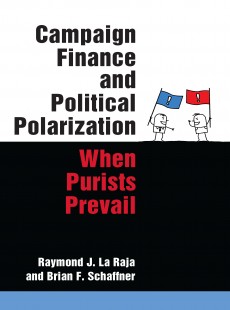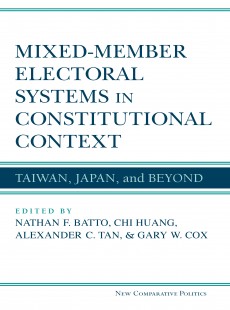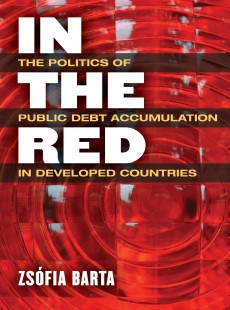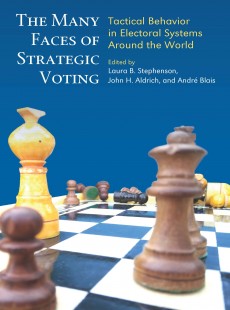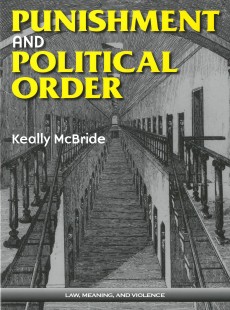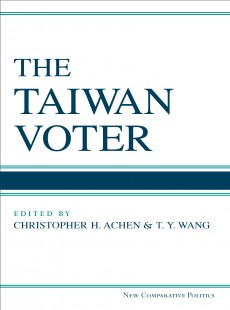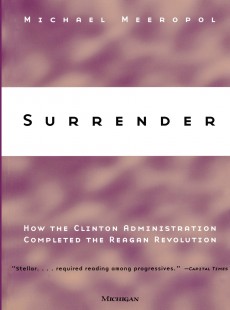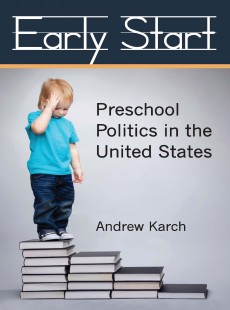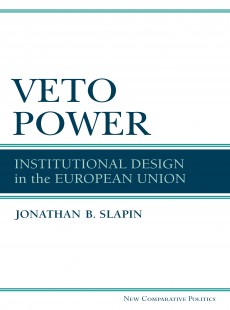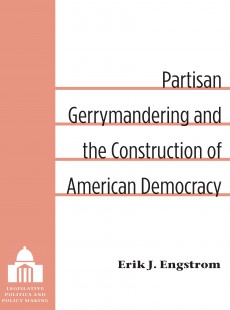
Partisan Gerrymandering and the Construction of American Democracy
Since the nation's founding, the strategic manipulation of congressional districts has influenced American politics and public policy
Erik J. Engstrom
 Publisher: University of Michigan Press
Publisher: University of Michigan Press
Imprint: University of Michigan Press
Pages: 236
Subject: Political Science - Political Process/Elections,
Political Science - American Government/Legislative Branch,
Political Science - Political Ideologies/Democracy
Print ISBN: 9780472036578
eBook ISBN: 9780472900015
DESCRIPTION
REVIEWS
"Decennial redistricting, equal population, majority-minority districting, have transformed contemporary redistricting, but a look to the past, as deftly analyzed by Engstrom, better informs us of how altering voting boundaries impacts politics."
--Political Science Quarterly
--Political Science Quarterly
RELATED TITLES

